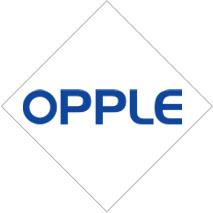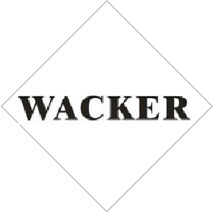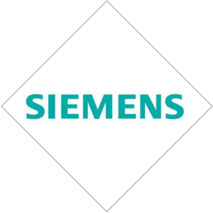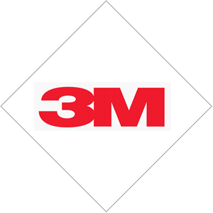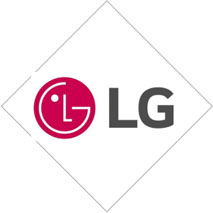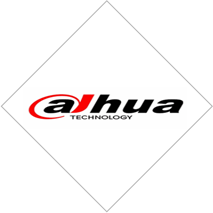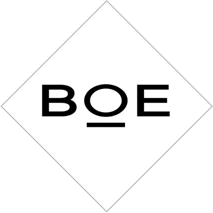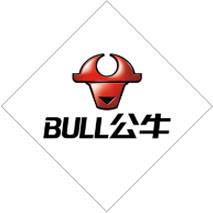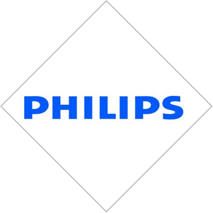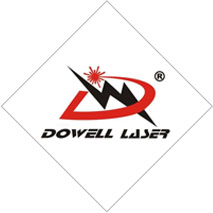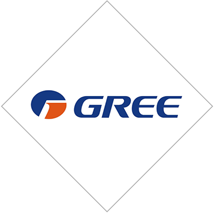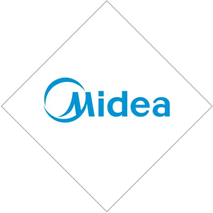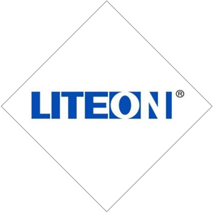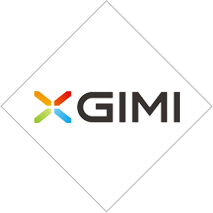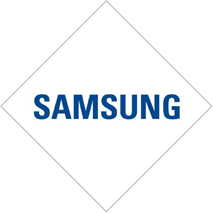
Your One-Stop Fresnel Lens Manufacturer, Multiple Specs. High Sensitivity. Unmatched Stability Precision Fresnel Lenses Engineered for Performance and Clarity.
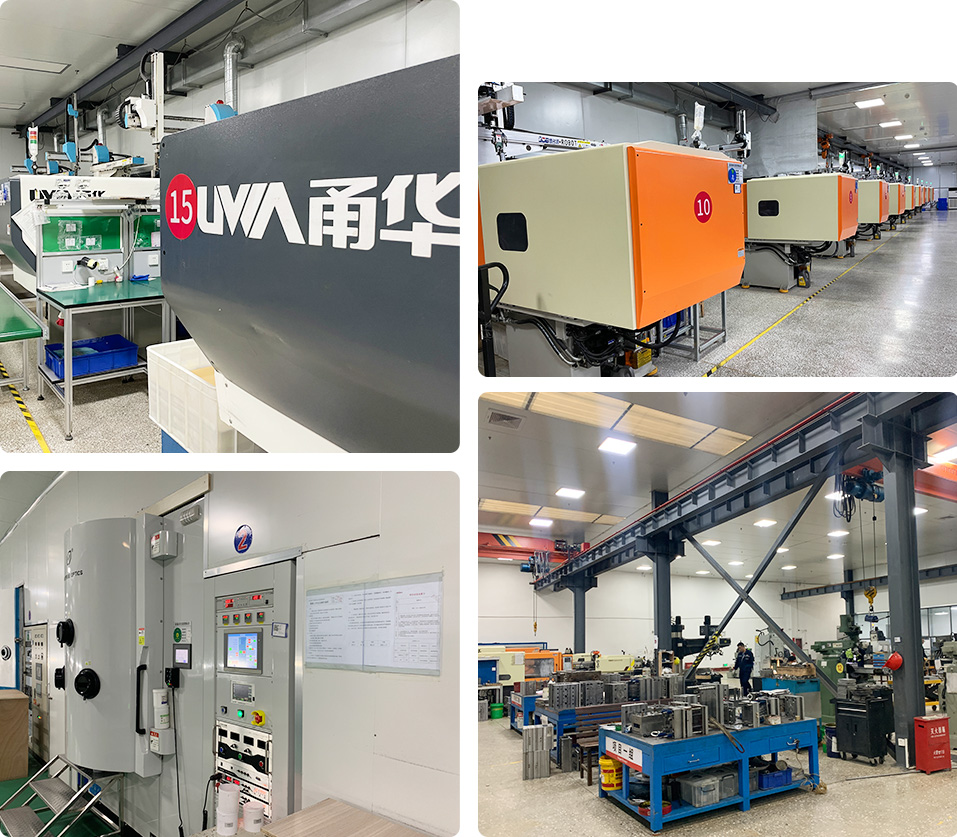
Our company is certified by multiple international standards, including:
ISO 9001 (Quality Management)
ISO 14001 (Environmental Management)
IATF 16949 (Automotive Quality Management)
SA 8000 (Social Accountability)

We have built long-term, stable partnerships with globally recognized companies, including: Philips, Dahua, Li Auto, Schneider Electric, Midea, and Delixi. -Our proven track record of collaboration with top-tier brands is a testament to our quality, reliability, and innovation.

